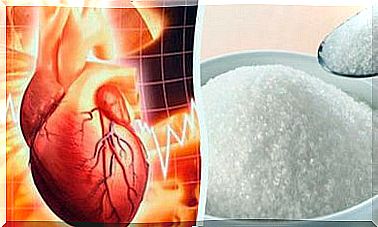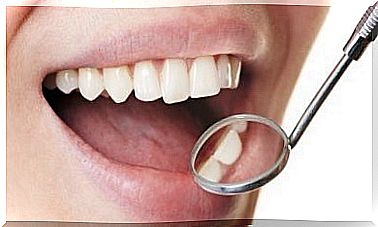Why Do We Suffer From Osteoporosis If We Drink Milk Every Day?
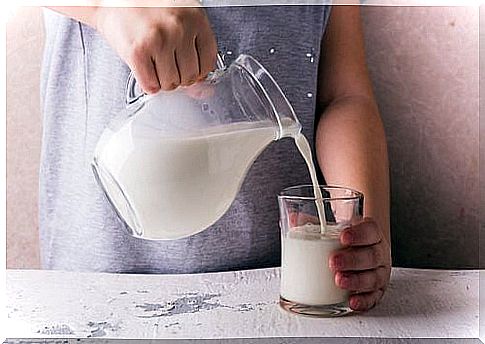
Many people who suffer from osteoporosis, especially women from the climacteric and menopause, wonder why they have a lack of calcium despite drinking milk every day, or even taking supplements of this mineral.
In this article we will give a possible explanation for this issue and, in addition, we will offer healthy alternatives to provide the body with the necessary calcium in a simple and natural way.
First, what is osteoporosis?
Osteoporosis is a disease characterized by decreased bone mass and progressive skeletal deterioration.
This disorder increases bone fragility and therefore the risk of fractures.
Osteoporosis affects more women than men, especially from middle age, and is also determined by genetic and hereditary issues.
It is also influenced by factors such as:
- malnutrition
- unbalanced diet
- Some medications
- Sedentary lifestyle
- hormonal problems
However, one of the problems with detecting this disease is that it does not show symptoms until you suffer a fracture or pain.
Therefore, we should be more careful if we have a family history.
So is milk a good source of calcium?
One of the main recommendations for obtaining the necessary calcium and preventing, among other diseases, osteoporosis, has been, for decades, to drink at least one glass of cow’s milk daily.
However, over the years, osteoporosis is becoming more prevalent and also appears at an early age.
First of all, we can say that the quality of milk has been reduced in a processed beverage that is very different from the original one.
However, it is still a product rich in calcium salts (caseinates and phosphates) and, thanks to lactose, it facilitates its absorption.
There are many other factors that hinder the absorption of this mineral, for example, proteins, or lactose intolerance.
And many people suffer from these ailments without knowing it, and they worsen the intestine’s ability to absorb nutrients.
Milk and osteoporosis
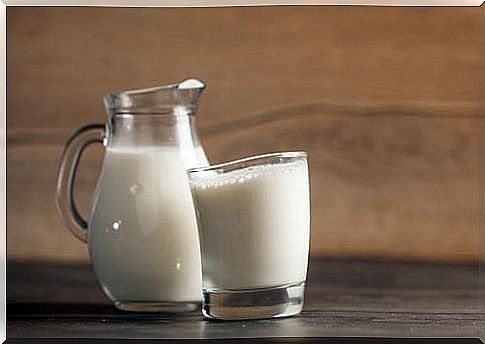
More and more studies show that regular consumption of cow’s milk not only does not prevent or fight osteoporosis, but increases the risk of ovarian and prostate cancer, as well as cardiovascular disease.
Thus, it seems interesting to look for other sources of calcium for our body.
calcium supplements
When we take a medicinal supplement, our body doesn’t always assimilate this nutrient the way we’d expect.
In the case of calcium, if we take a supplement, we may also be increasing the risk of suffering calcification, kidney stones, and heart disease, for example.
If we are forced to take it, we will try to divide the doses throughout the day and always consume the supplement along with food, as long as we make sure we are getting the necessary amount of vitamin D.
However, if you have a choice, we suggest that you opt for foods that are naturally rich in calcium.
Natural Calcium Alternatives
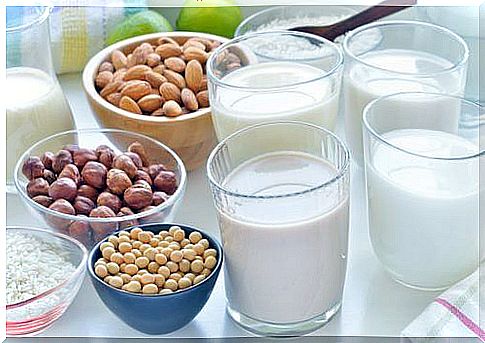
If we want to have a diet rich in calcium, we must incorporate the following foods free from milk and dairy products on a daily basis:
- sardines
- Seafood and caviar
- Vegetables (spinach, leeks, broccoli or spinach)
- Sesame seeds, consumed raw, roasted, in first pressure oil, cold, or in a spreadable paste ( tahini )
- Walnuts (hazelnuts, almonds)
- Dried fruits (dried figs, dates)
- Legumes (beans, lentils)
- Cumin
- Parsley
Other influencing factors
If we are to fully address osteoporosis, both in prevention and treatment, we must consider all the factors that influence it:
- Sunbathe (daily, but with common sense) or take a vitamin D3 supplement with professional supervision;
- Regulate hormones during stages of change like menopause to keep levels balanced (estrogen in women and testosterone in men);
- Avoid alcoholic beverages;
- Reduce your consumption of sugar as well as sugary foods;
- Practice medium-intensity exercise at least two or three times a week, as it has a direct influence on bone quality.







